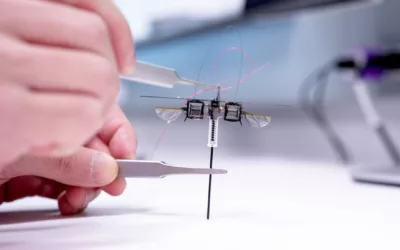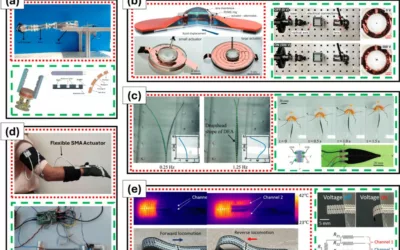A research paper published by the National Academy of Science of Ukraine explores the evolving role of artificial intelligence (AI) and robotics within contemporary military operations. It delves into the transformation witnessed since the start of the 21st century, where robots have become indispensable assets for various armed forces, presenting a myriad of strategic opportunities. The discussion extends to the future potential of autonomous robots equipped with artificial intelligence capable of functioning independently, without constant human oversight.
Within the context of creating electronic brains and intelligent systems that mimic, and in some cases surpass, the capabilities of biological brains, the article scrutinizes projects focused on modeling the human brain. It provides a concise overview of global initiatives in human brain modeling, drawing comparative characteristics. Notably, the paper details the Ukrainian Thinking Computer (Artificial Brain) project, which introduces a novel approach to computerization using non-traditional technology. This technology enables the simultaneous processing of diverse information types within a unified, homogeneous, multidimensional, active associative neuron-like structure, paving the way for the development of humanoid thinking machines.
The technological foundation of the Thinking Computer project, its objectives, and the potential impact of its proposed technology are discussed. The article elucidates the operational principles and distinctive features of the innovative multi-connected, multidimensional, receptor-effector actively associative neural-like growing network—a technology unparalleled in contemporary neural networks. Emphasis is placed on the advantages that thinking computers hold over their traditional counterparts, outlining the broad prospects this new technology unlocks across various domains.
The research findings and advancements related to creating a prototype electronic brain for humanoid robots are showcased, along with plans for the industrial production of thinking computers. Additionally, the article argues for the relevance and necessity of implementing the Thinking Computer project to enhance Ukraine’s competitiveness and security on the global stage.








